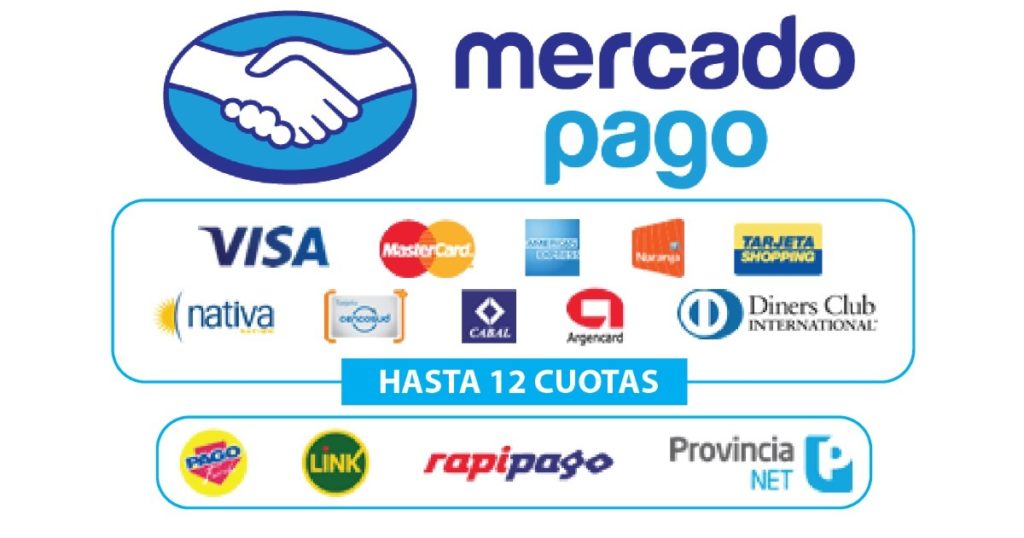With JumiaPay, what is the future of Jumia?
On Wednesday, January 22, Jumia invited a group of journalists to a press conference in a cushy conference room at Eko Hotel in Lagos, Nigeria. Jeremy Hodara, Jumia’s co-founder and co-CEO, was in town.
According to the invite, the meeting was about Jumia’s 2019 accomplishments and its vision for 2020.
I have kept tabs on Jumia for the past year. The company started 2019 on the high and went on to list on the New York Stock Exchange in April for $14.50 a share.
It was the first Africa-focused company to complete the cycle from startup to a publicly traded company. But things went downhill after that.
A report by Citron Research in May 2019 alleging fraudulent practices sent Jumia share price crashing. From trading at $47 on May 1, 2019, its value has since dropped. It was below $7 for all of November 2019. Jumia shareholders who were looking to exit the company post-IPO were stuck.
While the company has recorded important growth in the second and third quarters of 2019, it is yet to turn a profit.
In November, the company’s co-CEO, Sacha Poignonnec, told analysts that Jumia is focused on “cost efficiency in order to make steps toward profitability” within the next five quarters. It shut down ecommerce operations in Cameroon and Tanzania last year, reducing its market focus from 14 to 12 African countries.
In Lagos on Wednesday, Hodara explained the company’s plan for 2020. But first, an announcement.

The company has appointed Massimilliano Spalazzi as its new CEO for Jumia Nigeria. Spalazzi replaces Juliet Anammah who was first appointed CEO in 2015. Anammah is now head of Institutional Affairs for Jumia Group. She will also serve as Chairwoman of Jumia Nigeria.
The leadership change in Jumia Nigeria comes at a time when the company is developing new services based on its ecommerce marketplace.
“The way people use Jumia is changing to an everyday use,” said Hodara. “People use their phones to top up [and] people buy consumer goods everyday like food.”
To take advantage of these trends, Hodara says the company is now made up of three different components: the ecommerce marketplace, the logistics platform and the payment platform.
“Across those three ecosystems, what we have been doing in 2019 is, of course, growing them,” Hodara disclosed.
The online retailer intensified its logistics operations last year and launched Jumia Prime, a delivery subscription service.

But its most interesting play is JumiaPay, a payment platform. JumiaPay houses the company’s financial services like payment processing for items purchased on the ecommerce website. It also provides lending services to merchants, using their sales history to provide loans to them. JumiaPay also powers other transactions like Jumia Food orders, airtime purchases and payment of utility bills.
In the third quarter of 2019, JumiaPay processed 2.1 million transactions worth $35.3 million.
The adoption and growth of the payment service is creating optimism about the future of Jumia.
But what is the long term plan for JumiaPay? The Nigerian fintech and payment business is already quite crowded. What is Jumia’s growth strategy for the service?
JumiaPay will copy Alipay and PayPal
“In the fintech world, there is always a lot of news, a lot of noise,” an eager Hodara told the room filled with journalists, “it is always important to hear through the noise what’s truly strategic.”
“There are millions of fintech startups but not many are very successful”, he said.
“[But] When you look at the world, the reason for people to stop using cash is not because you throw in a good commercial or you throw some discounts. It’s because there is a reason for that.”
Hodara laces an interesting explanation for the success of payment companies. To him and the people at Jumia, ecommerce is the best engine to drive the adoption of digital payment.
“Why is PayPal a success? PayPal is a success because there was eBay. There is no other reason PayPal has become a success,” he says. “Then from eBay, on its own, PayPal has become a very successful company. That’s one success in the US.”
“In Asia, there is Alipay. Same story. You have a lot of competing companies in Payments in Asia, but which one do people use 10x per day?” he asks. “It is Alipay, because there is Alibaba, because there is ecommerce that creates a good reason for use it.”

“In Latin America, there is Mercado Pago, same story too.”
Hodara says Jumia wants to use the same playbook to make JumiaPay a success.
“Our job is to make sure that because we have this huge marketplace ecosystem, because we have a great product; because we have this base of consumers, we want to make sure JumiaPay is in a position to become the next Alipay, the next PayPal.”
The game plan seems to be an apt one.
Jumia’s ecommerce is growing. It sold $303 million worth of goods in the third quarter of 2019, up from $218 million for the same quarter in 2018. Its number of customers is also growing. It had 3.5 million users in 2018, but in 2019 it had 5.5 million users.
With this large concentration of customers who are actually making transactions, JumiaPay may have a chance. Mastercard may have reached the same conclusion when it invested $56 million in the company in March 2019 prior to Jumia’s IPO.
In another trend, Jumia’s share price is growing for unknown reasons. After months of decline, it reached a four-month high of $9.06 on January 24. Perhaps there is optimism. It is unclear. What is clear however is that investors will look to the company’s next quarterly report for direction.





















